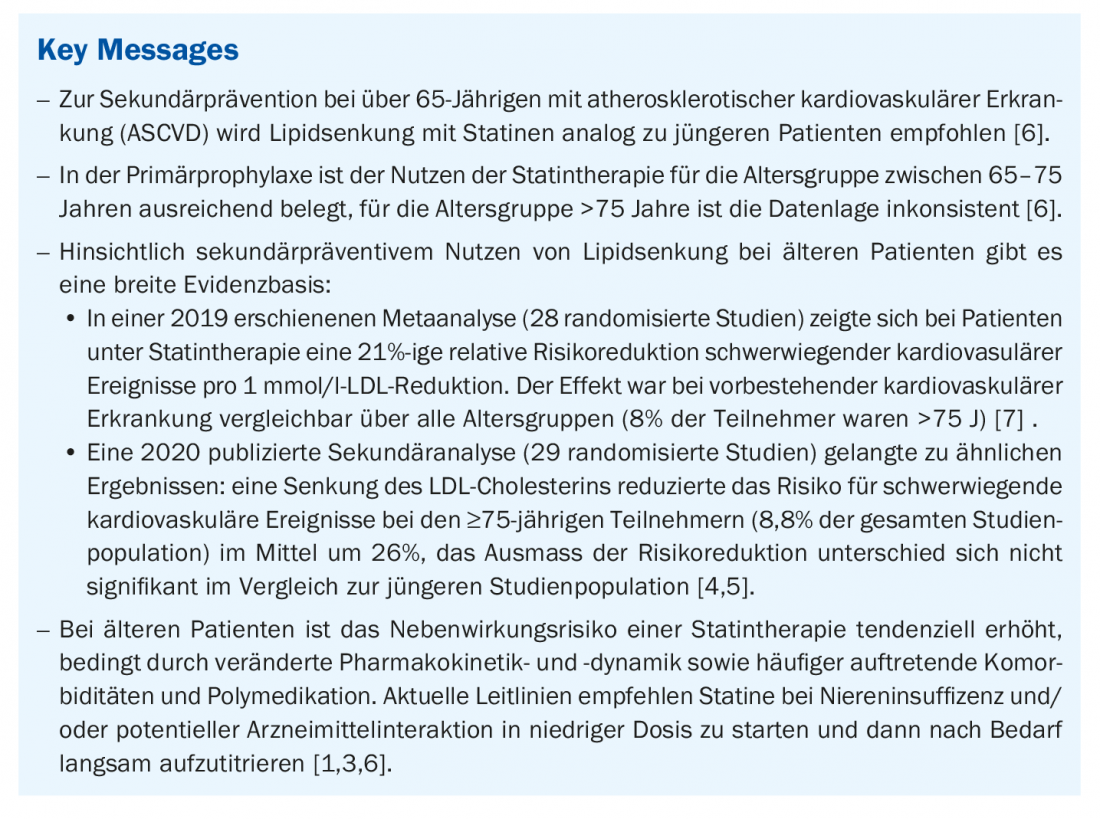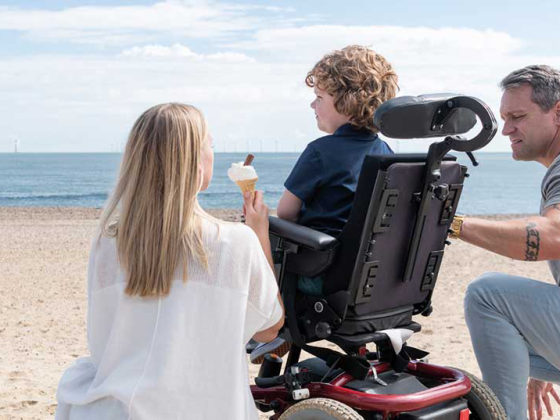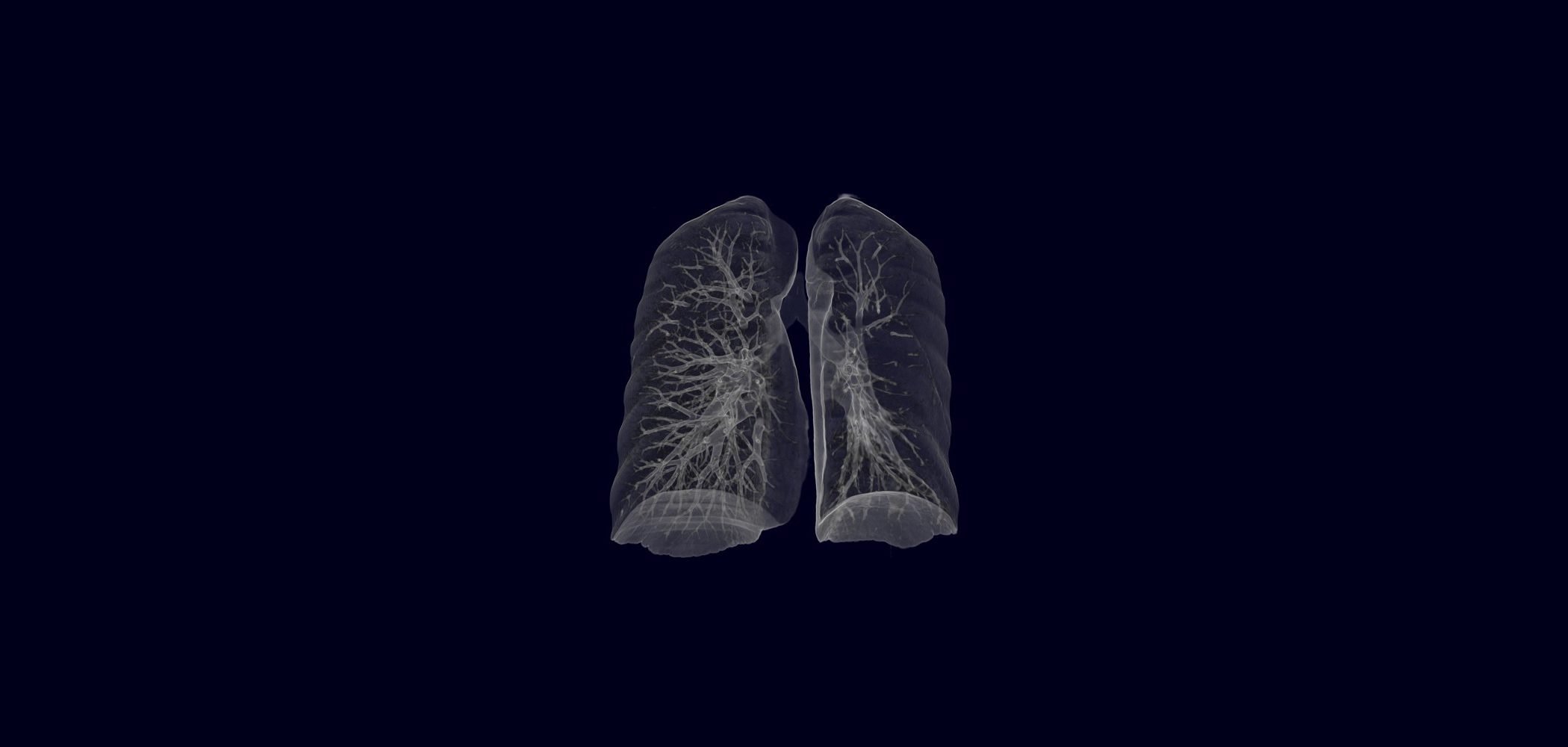A recent meta-analysis published in the Lancet concluded that lipid lowering achieved comparable reductions in cardiovascular events in people over 75 years of age as in younger individuals. In elderly patients, particular emphasis should be placed on taking into account the individual’s state of health and regular progress checks. If treatment goals are not achieved, dose adjustment, switching to another preparation, or adding an additive active ingredient is recommended.
“We have excellent evidence in the over-75s that they benefit significantly from LDL reduction as part of secondary prevention,” said Prof. Jürg Hans Beer, MD, Director, Department of Internal Medicine and Chief of Internal Medicine, Kantonsspital Baden, at the SGAIM Spring Congress [1]. Both statins and non-statins have been shown to be effective. “It is not the class effect, but the reduction in LDL concentration that is important,” the speaker explained. Hypercholesterolemia/dyslipidemia, along with hypertension, is one of the most important cardiovascular risk factors that can be influenced. Cardiovascular disease is the second leading cause of death in Switzerland after cancer, and people over 65 have an increased cardiovascular risk according to the European Society of Cardiology (ESC) [2,3].
ESC recommends individualized therapy adjustment
Current ESC guidelines recommend lipid-lowering treatment in older patients with existing atherosclerotic cardiovascular disease (ASCVD) analogous to younger patients. However, primary prevention with statins is recommended only up to age 75 years [2,3]. An individual risk-benefit assessment is also important. There is a potential risk for statin interactions in the context of age-related changes in pharmacodynamics as well as comorbidities and polypharmacy that are more common in the elderly. In elderly patients with renal impairment and/or potential interactions, it is advised to start with a low statin dose and then titrate up to achieve LDL-C treatment goals (“start low, go slow”). “If the therapeutic goal is not achieved within 4-6 weeks*, a combination with ezetimibe should be considered; if this also does not lead to the goal after 4-6 weeks, the addition of a PCSK9 inhibitor may be recommended, always after risk evaluation,” Prof. Beer summarizes the ESC guidelines’ instruction in this regard. Statins inhibit cholesterol synthesis in the liver and ezetimibe inhibits the absorption of cholesterol through the intestine. PCSK9 inhibitors (alirocumab, evolocumab) are agents that result in the inhibition of LDL receptor formation at the liver.
* with the maximum tolerated statin dose.
Study on LDL cholesterol reduction in people over 75 years of age
2020, a secondary analysis with data from a total of 244 090 patients from 29 clinical trials from 2015 to 2020 has appeared in the Lancet [4,5]. 21 492 patients (8.8% of the study population) were ≥75 years, of whom 54.7% were treated with a statin, 28.9% with ezetimibe, and 16.4% with a PCSK9 inhibitor. The follow-up period ranged from 2.2 to 6.0 years. Lipid-lowering therapy in patients in the age group ≥75 years reduced the risk of a serious cardiovascular**# event to a similar extent as in younger patients. In the meta-analysis, lowering LDL cholesterol reduced the risk of serious cardiovascular events? by a mean of 26% in participants ≥75 years of age (RR 0.74; 95% CI 0.61-0.89; p=0.0019). The difference for risk reduction in patients <75 years proved not to be significant (RR 0.85; 95% CI 0.78-0.92; p=0.37). The data from the elderly patients also indicate that the relative risk is not significantly different depending on lipid lowering with statins (RR 0.82; 95% CI 0.73-0.91) vs. non-statins (RR 0.67; 95% CI 0.47-0.95; p=0.64). The authors concluded that older individuals benefit as much from lipid-lowering therapy as younger individuals.
** cardiac-related death, acute coronary syndrome incl. Myocardial infarction, stroke, or coronary revascularization surgery (composite end point).
# composite as well as each individual endpoint.
Statins: risk-benefit analysis
Statin therapy reduces cholesterol synthesis by inhibiting HMG-CoA reductase. The intensity of LDL lowering varies depending on statin, dosage, and genetic predisposition. Prof. Beer comments on the current state of scientific knowledge on the side effect risks of statins as follows: As meta-analyses show, there is no increased risk of cataracts and the hypothesis of an increased risk of bleeding has been refuted in several studies. The fear that statins increase the risk of dementia could also not be confirmed empirically. Furthermore, 0.5-2% of patients have been shown to have elevated transient liver enzymes and 1 per 100 000 has severe persistent liver enzyme changes. The prevalence of increased proteinuremia is low, and there is no evidence of significant worsening of renal function. Regarding diabetes, in the large randomized clinical trials, only 1 in 1000 study participants had developed elevated glucose levels, but Prof. Beer recommends regular monitoring of glucose levels. ESC guidelines indicate that hyperglycemia and the manifestation of type 2 diabetes mellitus as a side effect of statin therapy is a dose-dependent effect, with older patients at increased risk in the presence of risk factors such as obesity and insulin resistance [1,2]. With regard to muscle complaints, a nocebo effect had been observed in the studies: while muscle complaints were found in only 0.1-0.2% of participants in the double-blind randomized-controlled trials, this proportion was 7-29% in non-blinded trials. In conclusion, an individual benefit-risk analysis is important, especially in elderly patients, and a change of drug or dose adjustment should be considered if necessary.
Congress: SGAIM Spring Congress 2021
Literature:
- Beer JH: Beyond guidelines: management of dyslipidemia in the elderly: secondary prevention. Prof. Dr. med. Jürg Hans Beer, SGAIM Spring Meeting, 20.05.2021
- Riesen WF, et al: New ESC/EAS dyslipidemia guidelines: an annotated review by the AGLA. Swiss Medical Forum, online magazine, published 06.01.2020, https://medicalforum.ch (last accessed 10.06.2021).
- European Society of Cardiology: 2019 ESC Guidelines Dyslipidaemia (Management of). ESC Clinical Practice Guidelines. www.escardio.org/Guidelines (last call 10.06.2021)
- Gencer B, et al. Efficacy and safety of lowering LDL cholesterol in older patients: a systematic review and meta-analysis of randomized controlled trials. Lancet. 2020 Nov 9: S0140-6736(20)32332-1.
- Gencer B, et al: Efficacy of Lowering Low-density Lipoprotein Cholesterol in Elderly Subjects: A Systematic Review and Meta-analysis of Randomized Controlled Trials. Abstract 13787, Virtual AHA Scientific Sessions 2020, 13-17 Nov.
- Rosemann A, et al: Hyperlipidemia. medix Guideline, last revised: 07/2020, www.medix.ch (last accessed 06/11/2021).
- Cholesterol Treatment Trialists C. Efficacy and safety of statin therapy in older people: a meta-analysis of individual participant data from 28 randomised controlled trials. Lancet 2019;393: 407-441
HAUSARZT PRAXIS 2021; 16(7): 42-43 (published 6/29/21, ahead of print).













